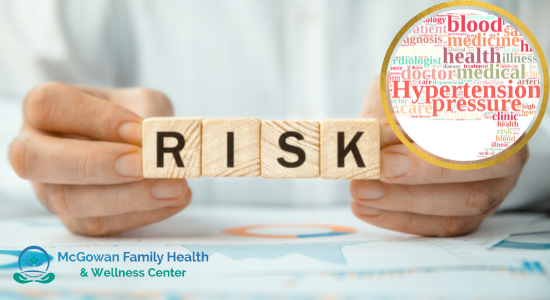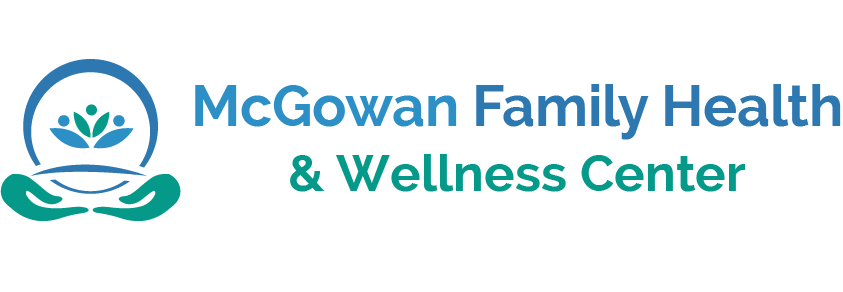Health issues, lifestyle, and family history are all variables that can increase your risk of high blood pressure. Some risk factors for high blood pressure, such as age or family history, are uncontrollable. You can, however, take actions to reduce your risk by altering the factors under your control. Hypertension: Who is at risk?

What Factors Enhance My Chances of Developing High Blood Pressure
High blood pressure might be exacerbated by certain medical disorders. If you have one of these illnesses, there are steps you may take to control it and reduce your chance of developing high blood pressure. Before going to somewhere else always do search for hypertension doctors near me.
Blood Pressure That Is Too High
- Blood pressure that is somewhat higher than normal is referred to as elevated blood pressure. High blood pressure is a condition that often develops over time. Having slightly elevated blood pressure raises your risk of having chronic, or long-term, high blood pressure in the future.
- If your blood pressure is between 120 and 129 millimeters of mercury, you have high blood pressure.
- You can take actions to keep your blood pressure in a healthy range by managing it.
Diabetes
- Approximately 6 out of 10 diabetics also have excessive blood pressure.
- 1 Diabetes causes blood sugar levels to rise, increasing the risk of heart disease.
- Consult your doctor for advice on how to manage diabetes and other risk factors.
What Actions Put You At Risk For High Blood Pressure
- High blood pressure might be exacerbated by your lifestyle choices. Your doctor may advise you to make lifestyle changes to lower your risk.
- The good news is that adopting healthy habits can reduce your risk of developing high blood pressure.
Unhealthy Eating
- Rich blood pressure can be caused by a diet that is too high in sodium and too low in potassium.
- Blood pressure rises when you consume too much sodium, which is found in table salt. Processed and restaurant foods contain the majority of the sodium we consume.
- Blood pressure can be raised by not eating enough potassium external icon, a mineral that your body requires to function properly. Potassium can be found in a variety of foods, including bananas, potatoes, beans, and yoghurt.
Physical Idleness
Regular physical activity keeps your heart and blood vessels healthy and strong, which can help lower your blood pressure. Regular exercise can also help you maintain a healthy weight, which can help lower your blood pressure.
Obesity
- Obesity is defined as having too much body fat. Obesity or being overweight means your heart has to work harder to circulate blood and oxygen throughout your body. This can put a strain on your heart and blood vessels over time.
- Obesity is associated to greater levels of “bad” cholesterol and triglycerides, as well as lower levels of “good” cholesterol. Learn everything there is to know about cholesterol.
- Obesity can contribute to heart disease and diabetes, in addition to high blood pressure. Consult your doctor about a plan to help you lose weight and maintain a healthy weight.
- Amount of alcohol consumed is excessive.
- Too much alcohol might cause your blood pressure to rise.
- Women should limit themselves to one drink per day.
- Men should limit themselves to two drinks each day.
Use of Tobacco
Tobacco smoking raises your chances of developing high blood pressure. Smoking has been shown to harm the heart and blood vessels. Nicotine elevates blood pressure, and carbon monoxide, which is created by smoking tobacco, limits the amount of oxygen that can be carried by your blood.
What Other Variables Make Me More Susceptible To High Blood Pressure
Family members share genes, behaviours, lifestyles, and environments, all of which can have an impact on their health and illness risk. High blood pressure can run in families, and your chance of developing it increases as you get older and your race or ethnicity changes.
Family History and Genetics
- Heredity is the process by which members of a family convey traits from one generation to the next through genes.
- High blood pressure, heart disease, and other related disorders are likely to have a genetic component. People with a family history of high blood pressure, on the other hand, are more likely to have shared settings and other potential risk factors.
- When inheritance is combined with harmful lifestyle choices like smoking and eating an unhealthy diet, the risk of high blood pressure rises even more.
- A family health history is a list of diseases and health disorders that members of your family have experienced. Understanding and preventing sickness might be aided by knowing your family’s health history.
Additional Characteristics
High blood pressure can affect both men and women: Other factors outside of your control, such as your age, race, or ethnicity, also influence your risk of high blood pressure.
Age: Because blood pressure rises with age, your risk of developing high blood pressure rises as well. Nine out of ten Americans will acquire high blood pressure at some point in their lives.
Sex: Women have the same chance as males of developing high blood pressure at some time in their life. Ethnicity or race. Black people are more likely than whites, Hispanics, Asians, Pacific Islanders, American Indians, and Alaska Natives to acquire high blood pressure. Black people also acquire high blood pressure sooner in life than white people.
Mcgowan family health and wellness center is best for hypertension patients and they very well explained high blood pressure. You can read another post for hypertension how to lower blood pressure. For assistance, you can call us anytime at (708) 480 9730.

